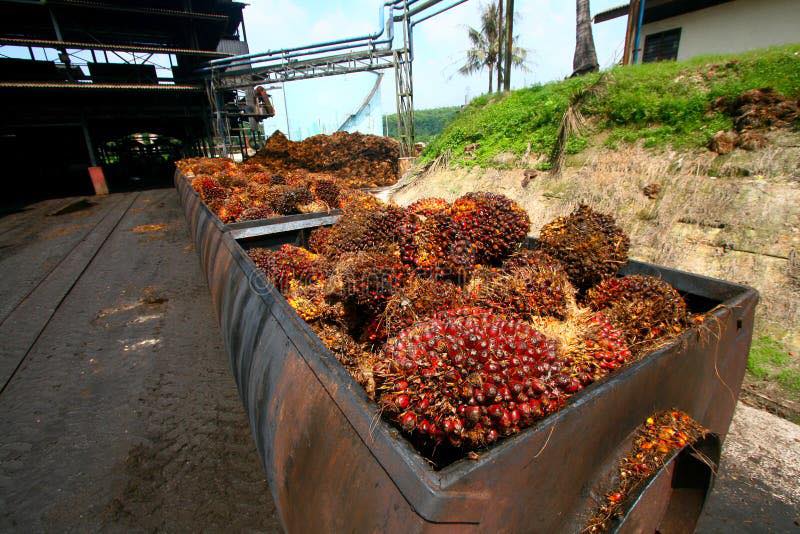There are no products in your shopping cart.
| 0 Items | £0.00 |


Ayo Akinfe
[1] Okitipupa Oil Mill
[2] Oluwa Glass Company
[3] Ile-Oluji Cocoa Grinding Plant
[4] Nigerian-Romanian Wood Industries
[5] Okposi Salt Industry
[6] Arewa Textiles
[7] Ajaokuta Steel Mill
[8 Mokwa Cattle Ranch
[9] Aladja Steel Mill
[10] Jebba Paper Mill
Some of these companies are still going concerns but alas, none is functioning at full capacity. I liked Obasanjo’s idea of creating a national conglomerate called Transcorp that would serve as an umbrella company for all such concerns but alas, like everything else, we killed that dream.
Given that we have made a mess of Transcorp, the only way forward I can see is for us to privatise the NNPC and let it acquire the assets of all these companies, then seek to revive them. If the federal government has a 25% stake in the venture, private corporate investors have 50% and the Nigerian public owns a further 25%, it may just work.
This model has been successful in the Philippines with San Miguel, in India with Tata Industries and in Malaysia with Petronas. Maybe President Tinubu should send a team of experts to Malaysia to see how Petronas works. You know why?
[1] Petronas accounts for 50% of the Malaysian government’s budget
[2] Petronas subsidiary Malaysian Marine and Heavy Engineering builds oil rigs and platforms
[3] Petronas Fertiliser Kedah manufactures urea fertiliser
[4] Petronas subsidiary KLCC Properties Berhad manages Kuala Lumpur city centre
[5] Petronas subsidiary Misc Berhad is one of the world’s largest shipping lines. It has the largest fleet of liquefied natural gas transport vessels in the world
[6] Petronas has also teamed up with local food and beverage companies, banks and transportation companies to provide better services at their petrol stations
[7] This company is also massive in the global petrochemicals industry
[8] Do you know that Petronas also awards education sponsorships in the form of convertible loans to Malaysian and international students to further their studies at local or foreign universities. These students are under contract agreement to work for the company for two years, for every one year they are sponsored
[9] Petronas has a net income of $46bn, while Nigeria as a whole has an annual budget of just $30bn. Yet, Malaysia produces just 661,000 barrels of oil a day compared with Nigeria’s 2m barrels a day. As you can see, we are own enemies
[10] Despite being wholly state-owned, Petronas runs like a fully-fledged business. As state capitalism has simply refused to work in Nigeria, we cannot adopt this module, so will have to privatise the NNPC